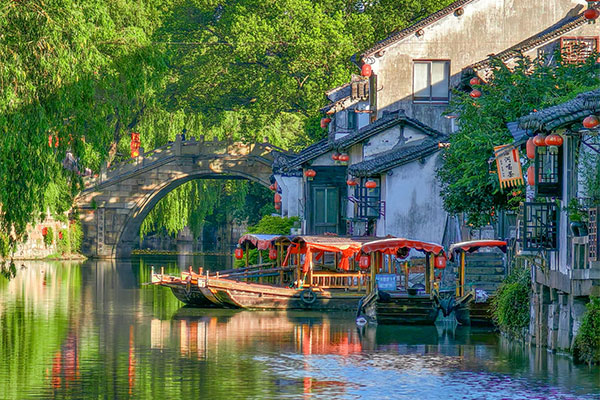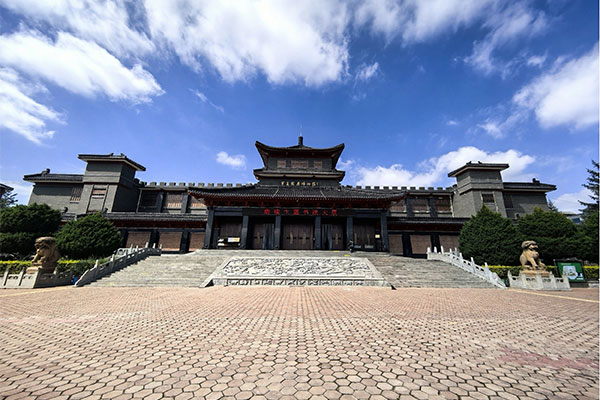Shanghai Fengjing Ancient Town
Introduction
Shanghai Fengjing Ancient Town is located in Jinshan District, Shanghai. It is an ancient water town in the south of the Yangtze River with a history of thousands of years. It is famous for its well-preserved Ming and Qing Dynasty buildings, stone roads, ancient bridges and water lanes. It is an important window to understand the style of ancient Chinese towns.

Advantages
- Historical heritage: Fengjing Ancient Town has rich historical and cultural resources, including many cultural relics protection units and cultural relics.
- Natural scenery: The ancient town is surrounded by beautiful environment, crisscrossing rivers and picturesque scenery.
- Folk culture: Many traditional handicraft production skills and folk art performances are preserved here, such as paper cutting, embroidery, etc.
- Delicious food: Fengjing Ancient Town has many special snacks, such as Fengjing Dingti, dried tofu, etc., which are endless.
Ticket price
At present, Fengjing Ancient Town implements a free opening policy, and tourists can visit most attractions for free.
Opening hours
Under normal circumstances, Fengjing Ancient Town is open to the public 24/7, but some internal attractions may have specific opening and closing times. It is recommended to check the relevant information in advance.
Transportation
- Public transportation: Take Metro Line 17 to Zhujiajiao Station, then take a bus or taxi to Fengjing Ancient Town.
- Self-driving: You can take the G60 Shanghai-Kunming Expressway directly to the Fengjing Exit, and then follow the signs to arrive.
Notes
- Protect cultural relics: During the visit, please pay attention to the protection of cultural relics and monuments in the ancient town, and do not touch or damage them at will.
- Safety first: Pay attention to personal safety, especially when walking by the river, be careful not to slip; at the same time, keep personal belongings safe to avoid loss or theft.
- Respect local customs: When communicating with local residents, you should be polite and respect their living habits and beliefs.











